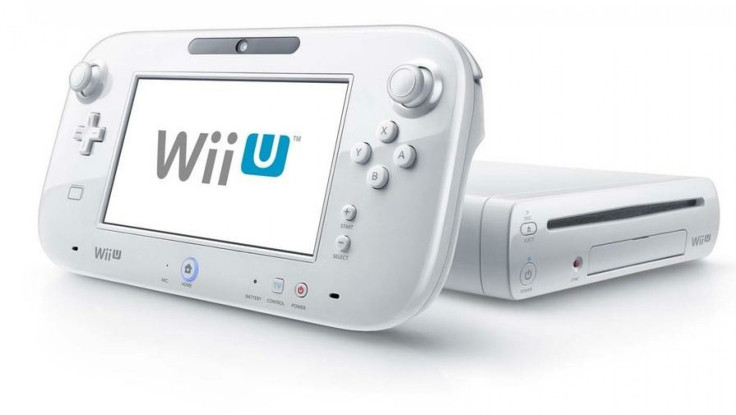New 'Super Smash Bros.' For Wii U Developed By 'Tekken' Creators: Why Nintendo Should Stick To Its Guns

At Nintendo Direct 2012, the company revealed the first information on its upcoming Super Smash Bros. title coming to Wii U and 3DS. This is one of the most highly-anticipated titles for the Wii U, and the Super Smash Bros. franchise has been a long-running staple of the Nintendo console line.
Creator of the series Masahiro Sakurai will be headlining the project from his Sora Ltd. Studio, and it was announced that Namco Bandai will be developing the game. These are the same creators behind the fighting-genre classic Tekken series, which originated has a PlayStation exclusive in the early 90s and has become a hallmark of the fighting game genre ever since.
It's my personal belief that the only time a creative product really resonates is in that first moment when it's actually in front of you, Sakurai said at Nintendo Direct. With that said, I've realized that if we keep the new Super Smash Bros. title's development structure secret, it'll only create more and more speculation, and I won't be able to develop the game with any freedom. That's why I've decided to announce this news right now, even though it's still very early on.
It's surprising to hear about a new Super Smash Bros. title so soon since Sakurai's studio, Sora, had just finished working on Kid Icarus Uprising. But the most interesting and curious aspect of Sakurai's revelation is that Namco Bandai will be behind the next classic Nintendo fighting game. It's too soon to tell exactly what this means for the next installment, but it could indicate that the company wants to bring more of a fighting-game feel to Super Smash Bros. Although it is technically a fighting game, it differs from others in the genre in the sense that it has a platformer theme to it. Up to four players face off on different stages taken from popular Nintendo franchises, and the last player remaining on the stage wins. In Super Smash Bros., K.O.s are performed by knocking a player off of the stage, as opposed to most other games such as Tekken and Marvel vs. Capcom where characters brawl until their opponent's health meter runs out.
This is probably one of the most obvious features that distinguish Super Smash Bros. from the rest of the fighting game genre, the real difference is scene in the grand scheme of the game. Super Smash Bros. is a game of strategy just as much as it is a game of fighting. Button mashing won't get players very far in this title; it's all about the timing of the Smash moves and how gamers choose to use each character. More than any other fighting game on the market, the characters in Super Smash each possess their own unique qualities that require the player to really delve into each fighter. Some characters have strong short range techniques, others specialize in long range attacks, and others may have incredible Smash moves or more overall strength. These statements are true for almost any fighting game, but are much more evident in Super Smash Bros.
That being said, the game also provides the simplicity and recognizable characters to allure casual gamers. Nintendo's landmark fighting game looks light and casual on the surface, but has the capability to be played as a high-strategy brawl. This is what makes it unique, and when gamers play Super Smash Bros. they are looking for that experience.
Perhaps Nintendo is enlisting some help from PlayStation developers since Sony is rolling out its own equivalent, PlayStation All-Stars Battle Royale, which will feature iconic PlayStation characters facing off against one another. But, since Nintendo already has such a strong following with Super Smash, it clearly has the advantage. While it may be interesting to see how Namco Bandai will spin this new title, I'm sure I'm not alone when I say that I certainly hope Nintendo sticks to its guns.
What do you think about Namco Bandai developing the new Super Smash title? Will it even make a difference? Sound off in the comments below.
© Copyright IBTimes 2024. All rights reserved.






















